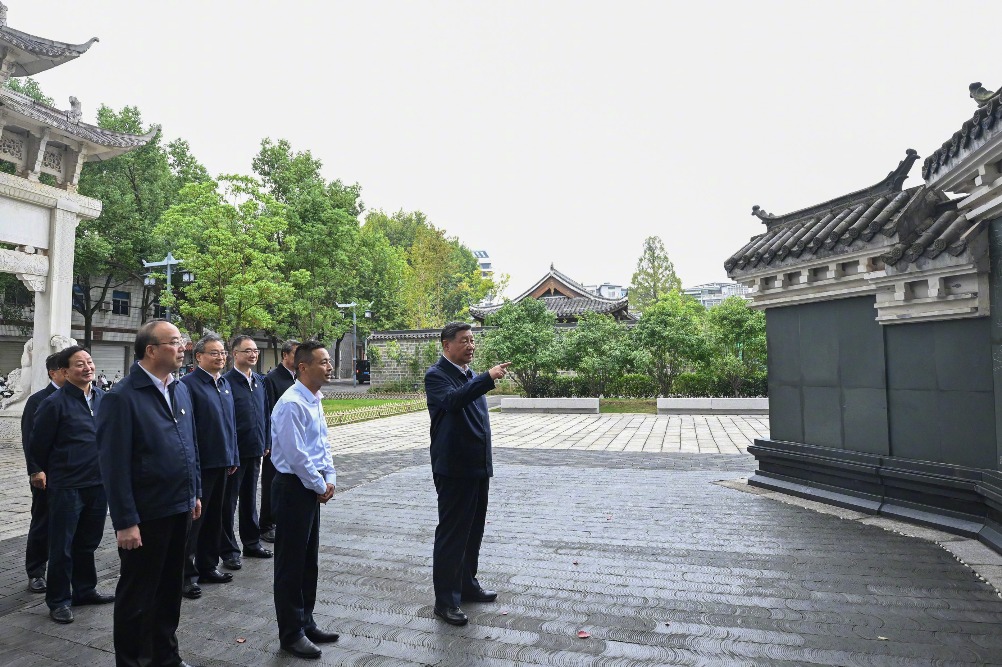Autopsy finds monkeys at Hong Kong zoo died of bacterial infection

Citing an autopsy report, an official said on Friday that abrupt death of nine monkeys in two days at a Hong Kong zoo was caused by melioidosis, a bacterial infection.
Secretary for Culture, Sports and Tourism Kevin Yeung Yunhung said the spread of the disease is caused by bacteria called Burkholderia pseudomallei, or B. pseudomallei. He ruled out food poisoning as the reason for the monkeys' deaths.
The disease generally will not transmit from person-to-person or animal-to-human. Humans may contract the disease through contact with contaminated soil and bacteria-infected waters.
While eight monkeys — one De Brazza's monkey, one common squirrel monkey, three cotton-top tamarins and three white-faced sakis — were found dead on Sunday, another one died the following day at the Hong Kong Zoological and Botanical Gardens in Central.
Following the incident, the mammals section of the zoo was closed from Monday for disinfection and cleaning while tests were conducted.
Among the dead animals, cotton-top tamarins are a critically endangered species, mainly found in Costa Rica and northwestern Columbia.
Yeung said the incident might have stemmed from a renovation work of the irrigation pipes under the flowers, which dug up the contaminated soil and subsequently got stuck in the workers' shoes causing the bacteria to spread. One of the monkey was found to have a high level of the bacterium, he added.
The Centre for Health Protection carried out PCR testing on 17 samples from the monkeys within the park, revealing that all tested positive for the Burkholderia pseudomallei, indicating the presence of the bacteria in their bodies.
The center conducted tests on food, water, and soil samples from these animals.
While the initial results for the soil samples were negative, further bacterial culture examinations are planned.
In response to the affected monkeys, Yeung said the park has taken measures to isolate the infected ones from the healthy ones and thoroughly cleaned the relevant areas.
Future efforts will focus on intensifying disinfection measures to reduce the risk of similar incidents occurring again.
Thomas Sit Hon-chung, assistant director of Agriculture, Fisheries and Conservation Department of Hong Kong, mentioned that the incubation period is about one week, which appears to fit the abrupt death of the monkeys.
Currently there is no vaccine available for melioidosis.
The public is advised to wear appropriate protective clothing or footwear when participating in activities with possible contact with soil or water.
According to the website of CHP, melioidosis can be spread by contaminated soil and water during and after typhoons and storms. The public should remain indoor during typhoons and storms to avoid contact with muddy water and soil.
Hong Kong Zoological and Botanical Gardens, the city's oldest park, was opened to the public in 1871. The park occupies an area of 5.6 hectares and houses about 158 birds, 93 mammals and 21 reptiles in about 40 enclosures.
Today's Top News
- Visa-free entries spur cross-border travel
- Nation to build unified market
- China-LAC media forum calls for joint efforts
- Q3 growth ups hopes of meeting full-year target
- Washington urged to stop tarnishing Beijing
- Survey to shed light on declining birthrates






























